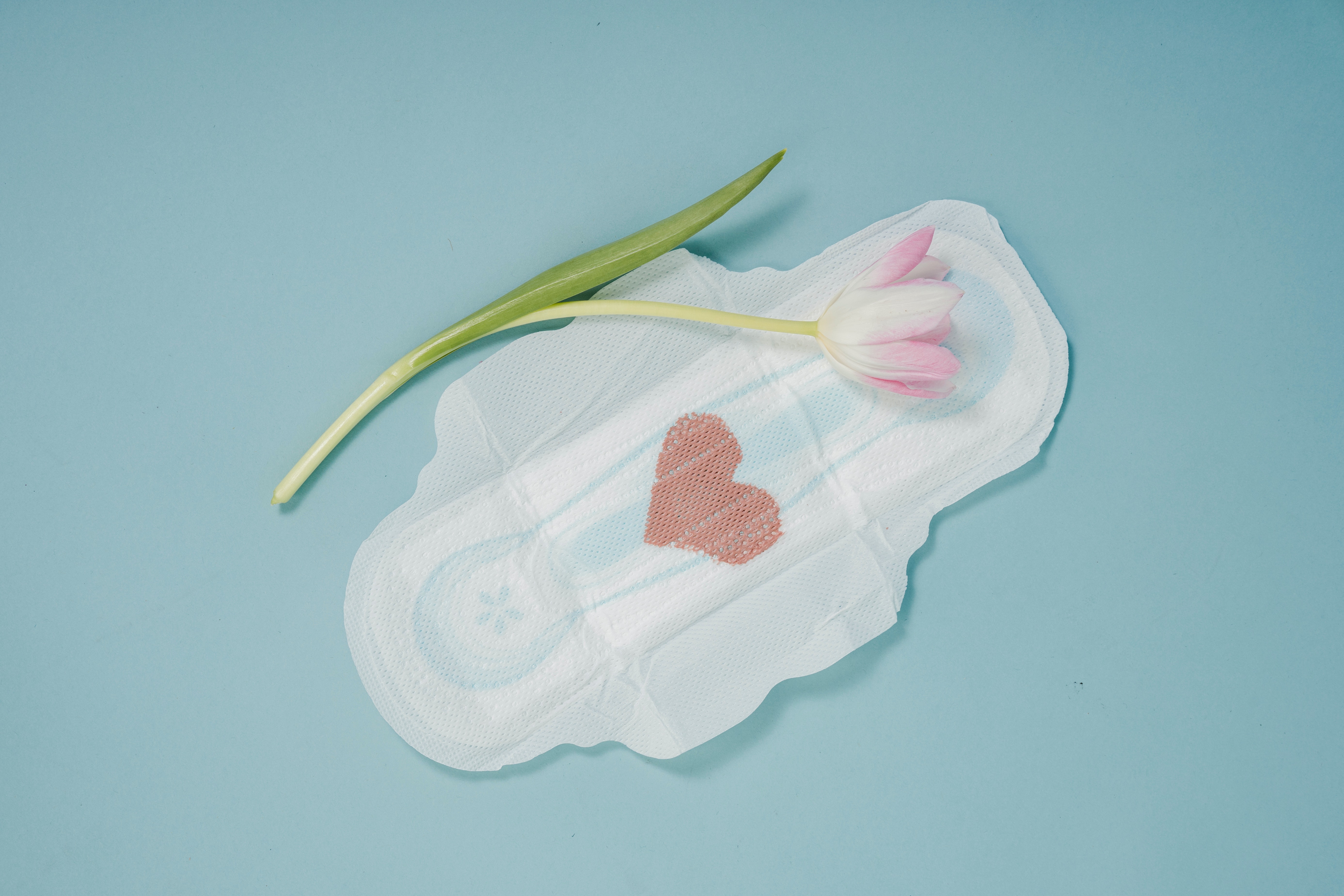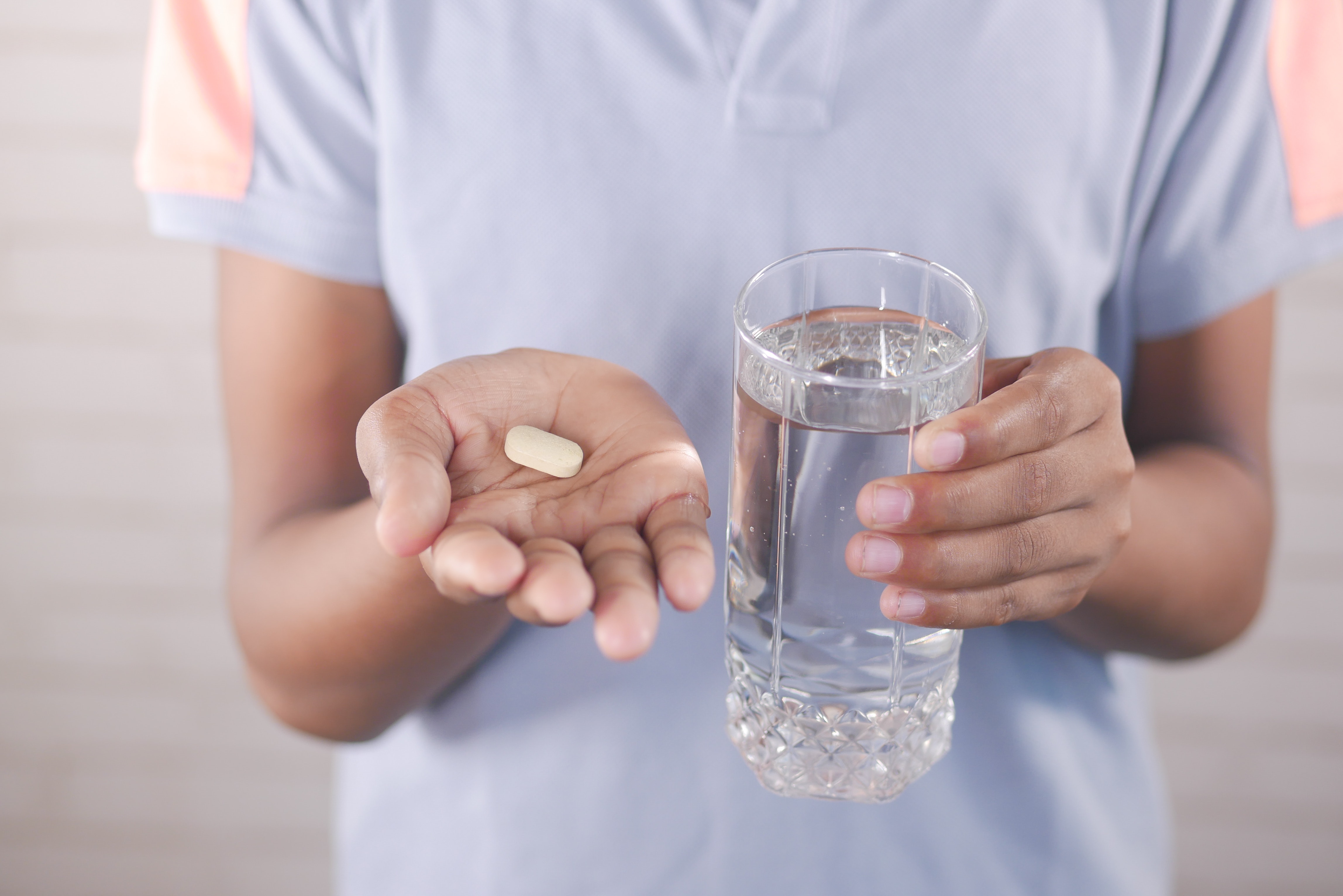
Menstrual Cramps (Dysmenorrhea) - Causes, Symptoms & Treatments
by Pooja on May 30, 2023 , 5 min read
Dysmenorrhea, another name for menstrual cramps, is a typical issue among women who are going through their periods. Over 80% of women are said to experience menstruation pain at some point in their life. Although it is a normal aspect of the menstrual cycle, some people find it to be excruciating and even crippling. We shall look at the causes, signs, and treatments of dysmenorrhea in this article.
What are menstrual cramps?
Cramping during menstruation causes a dull or acute discomfort in the lower abdomen. It might continue for a few hours to many days and range in severity from mild to severe. It is a typical sign of dysmenorrhea and may also include other signs and symptoms such as bloating, nausea, exhaustion, and headaches.
What are menstrual cramps (dysmenorrhea) symptoms?

Although each woman's dysmenorrhea symptoms are unique, cramping pain in the lower abdomen is the most typical symptom. The thighs and lower back may also experience pain. Other signs can include:
- Bloating Nausea
- Vomiting
- Diarrhea
- Constipation
- Headaches
- Fatigue Dizziness
- Sweating
What causes dysmenorrhea?
The uterus contracts as it sheds its lining during menstruation, which results in dysmenorrhea. Prostaglandins, hormones that cause the uterus to contract, are released during the contractions. Dysmenorrhea is more prevalent in women with high prostaglandin levels.

Other causes of dysmenorrhea may include:
- Endometriosis is a disorder that results in pain and inflammation when the tissue that usually lines the uterus begins to protrude from it.
- Adenomyosis is a disorder that results in excessive bleeding and discomfort as the tissue that ordinarily lines the uterus develops into its muscular wall.
- Fibroids are benign uterine growths that can be painful and produce significant bleeding.
- An infection of the female reproductive organs known as pelvic inflammatory disease (PID) can lead to pain and inflammation.
- Ovarian cysts are painful, fluid-filled sacs that can develop on the ovaries.
Menstrual Cramp Treatment
Menstrual cramps can be treated in a variety of ways, including:
Heat therapy: Heat therapy can assist in reducing pain and cramps in the lower abdomen. A heating pad, hot water bottle, or warm bath might be used for this. Utilizing heat therapy can assist the muscles to relax and relieve cramps.
Exercise: Regular exercise can lessen how bad menstruation cramps are. Additionally, it can aid in boosting circulation and lowering inflammation. Some women's menstrual pain has been demonstrated to be reduced by activity, especially aerobic exercise. Maintaining a good diet and staying hydrated is also crucial.
Over-the-counter pain relievers: Menstrual cramps can be eased with over-the-counter period pain relievers and painkillers such as ibuprofen or aspirin. Following the suggested dosage given by your doctor and not exceeding it are both very important factors in trying to fix the issue.

Stronger period pain tablets or hormonal birth control may be prescribed by a doctor for really painful menstrual cramps. Hormonal birth control can lessen the severity of cramps and aid to regulate the menstrual cycle.
When should I get medical help for my period pain?
It's crucial to get medical help if your menstrual cramps are severely affecting your daily life or getting worse. A physician can assist in excluding any underlying problems that might be the source of the discomfort. To help manage the discomfort, they could also suggest medicines or other therapies.

It's essential to note that menstrual cramps are not a reliable indicator of fertility. If you're experiencing difficulty getting pregnant, your doctor may recommend a female fertility test to determine the cause.
What are the recommended medications for menstrual cramps?
There are a number of over-the-counter (OTC) drugs that can help reduce the discomfort of menstrual cramps. Menstrual cramp relief is frequently provided by non-steroidal anti-inflammatory medicines (NSAIDs), such as ibuprofen, naproxen, and aspirin. These drugs function by lowering prostaglandin synthesis, which is the hormone-like molecule responsible for pain and inflammation.
In this regard, menstrual cramps, also known as dysmenorrhea, are a frequent problem for many women that can lead to severe discomfort and pain. It is essential to be aware of the signs, causes, and potential treatments for dysmenorrhea. There are many menstrual cramp treatments available, ranging from over-the-counter painkillers and period pain tablets to hormonal birth control and menstrual cramp treatments prescribed by a medical professional. It is also essential to note that dysmenorrhea can impact a woman's fertility, and a female fertility test may be necessary if conception is desired. Moreover, if the pain is severe or interfering with everyday activities, it is crucial to seek medical assistance. Additionally, premature ejaculation treatments may be necessary for those experiencing such issues. Women can find relief and enhance their general well-being by taking action to control and treat their menstrual cramps, whether through self-care methods or medical treatments such as female fertility tests.